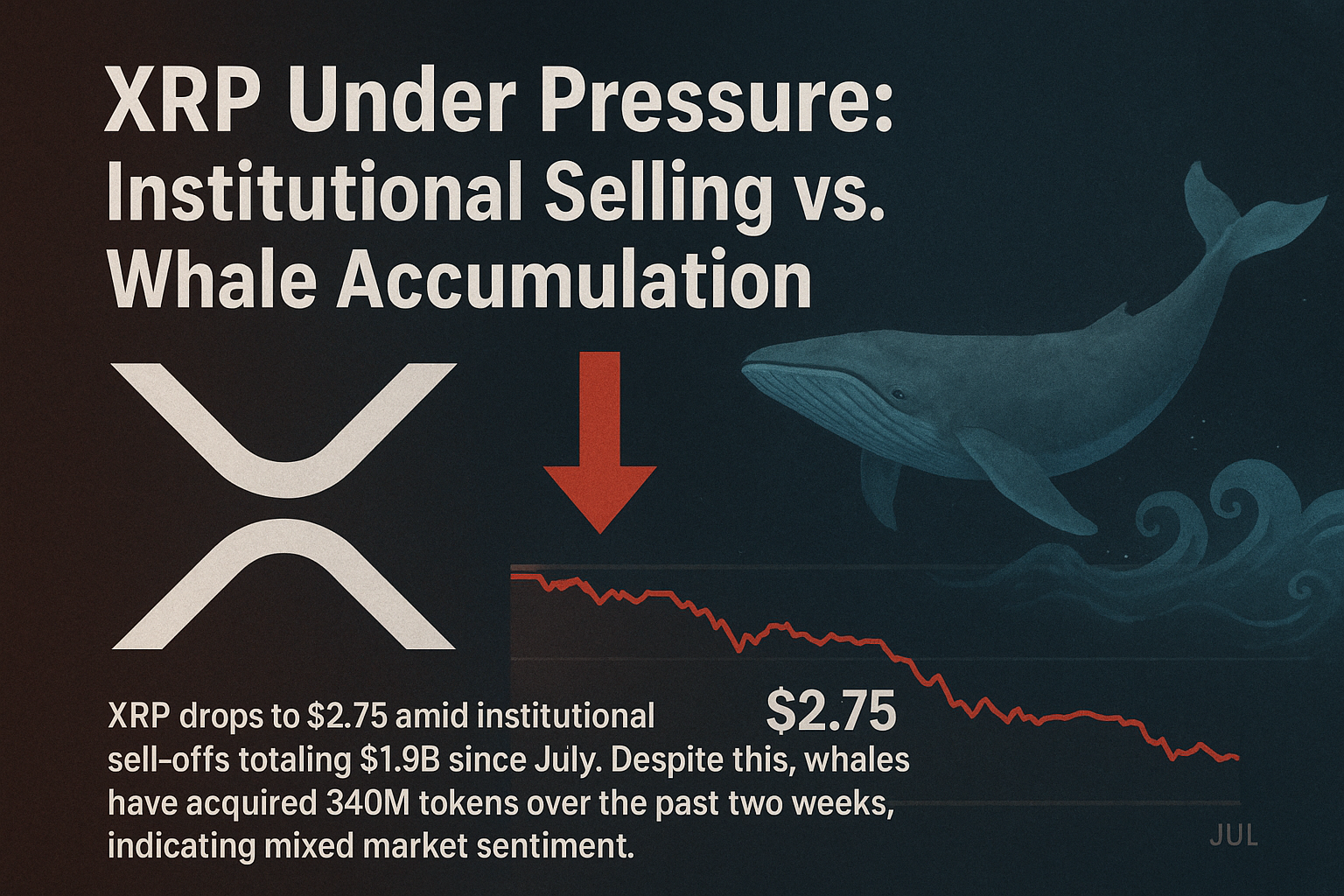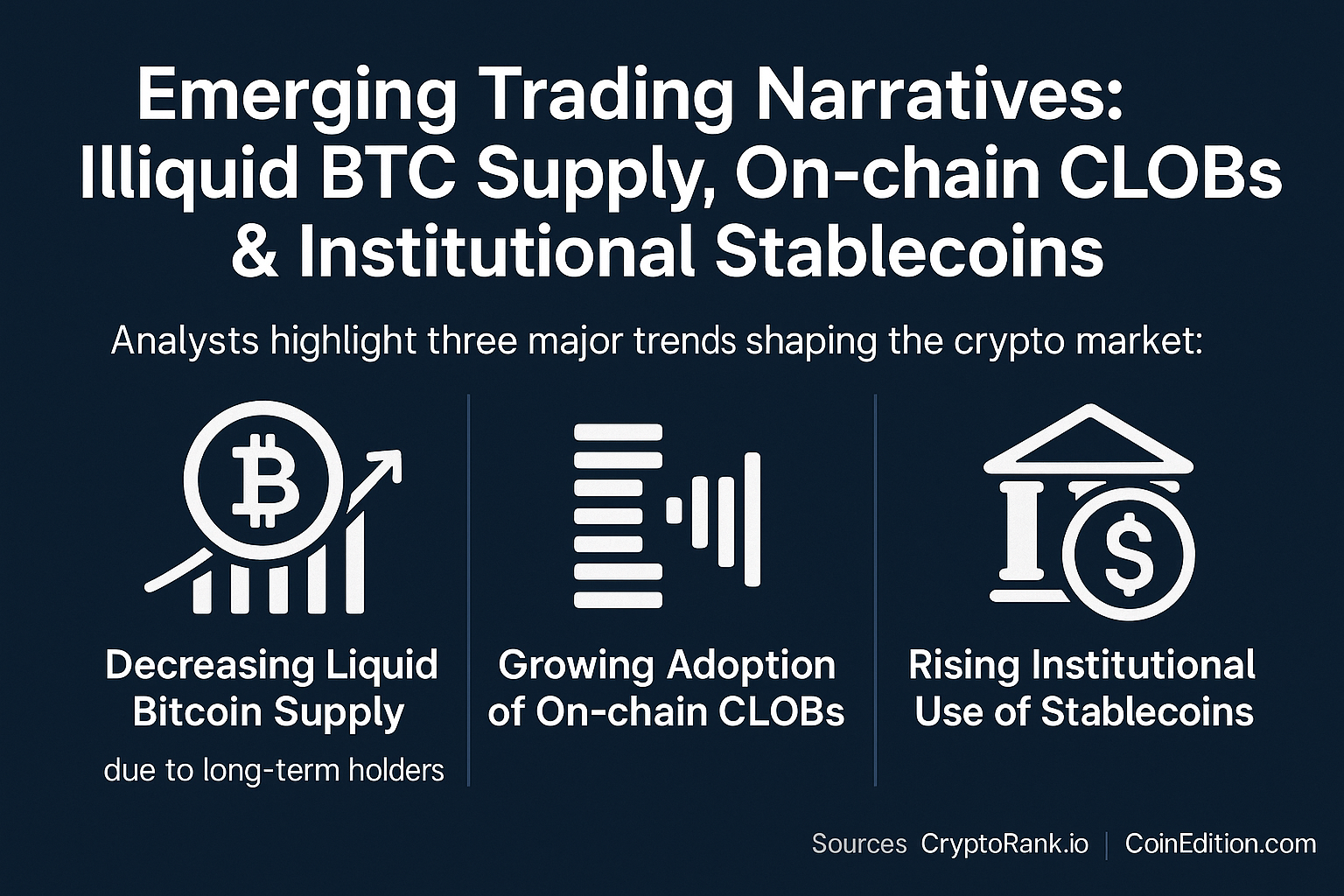In a landmark regulatory shift, Hong Kong’s financial authorities have announced that locally licensed cryptocurrency exchanges will now be allowed to access global liquidity pools. This decision marks a major step forward in the city’s ambition to establish itself as a leading global digital asset hub—bridging the gap between East and West in the ever-evolving world of blockchain finance.
A Turning Point for Hong Kong’s Crypto Ecosystem
For years, Hong Kong has played a balancing act between innovation and regulatory caution. The region’s financial regulators—particularly the Securities and Futures Commission (SFC)—have been gradually shaping a framework that encourages responsible crypto trading while maintaining investor protection.
Now, by granting exchanges permission to tap into international order books, Hong Kong is giving its local platforms the ability to match buy and sell orders with global markets. This effectively integrates Hong Kong’s crypto exchanges into the worldwide liquidity network, reducing market fragmentation and improving price discovery.
In simpler terms: instead of relying solely on domestic traders, Hong Kong-based exchanges will now be able to connect with global buyers and sellers. That means better trade execution, tighter spreads, and higher trading volumes—a win for both institutional and retail participants.
Why This Matters for Global Crypto Liquidity
Liquidity is the lifeblood of any trading ecosystem. Without sufficient liquidity, even the most advanced platforms can suffer from slippage, volatility, and inefficiency. By opening access to international order books, Hong Kong is creating a channel for deeper cross-border liquidity—an essential ingredient for a mature digital asset market.
This move is particularly significant at a time when many jurisdictions, such as the U.S. and parts of Europe, are tightening crypto regulations. Hong Kong’s approach contrasts sharply by embracing a globally interconnected model. It signals to investors, institutions, and exchanges that Hong Kong aims not just to regulate crypto—but to elevate it.
Boosting Confidence Among Institutions
Institutional adoption of crypto in Asia has been on the rise, but regulatory uncertainty has often held back major players from diving in fully. By enabling access to global liquidity, Hong Kong’s new framework offers a clear message to hedge funds, market makers, and asset managers: this is a market built for scale.
Moreover, this policy aligns perfectly with the city’s broader ambitions to position itself as a digital finance leader. With neighboring Singapore already recognized as a fintech powerhouse, Hong Kong’s move could reignite its status as Asia’s capital of capital.
Challenges and the Road Ahead
Despite the excitement, several questions remain. How will these cross-border integrations be monitored to ensure compliance with anti-money laundering (AML) and Know Your Customer (KYC) rules? Will global exchanges reciprocate by offering deeper access to their own liquidity pools? And perhaps most crucially—how will mainland China’s ongoing crypto restrictions affect participation from Chinese traders?
Experts suggest that Hong Kong’s model could serve as a blueprint for other financial centers seeking a middle ground between regulation and innovation. If implemented successfully, it might even spark a regional shift in crypto policy across Asia.
A New Era for Digital Markets in Hong Kong
Hong Kong’s decision to open its crypto exchanges to global liquidity pools isn’t just a technical adjustment—it’s a statement. It underscores the city’s readiness to compete on a world stage where digital assets are no longer niche instruments, but a core component of modern finance.
As regulators and institutions around the world watch closely, one thing is clear: Hong Kong is no longer playing catch-up. It’s setting the pace.




